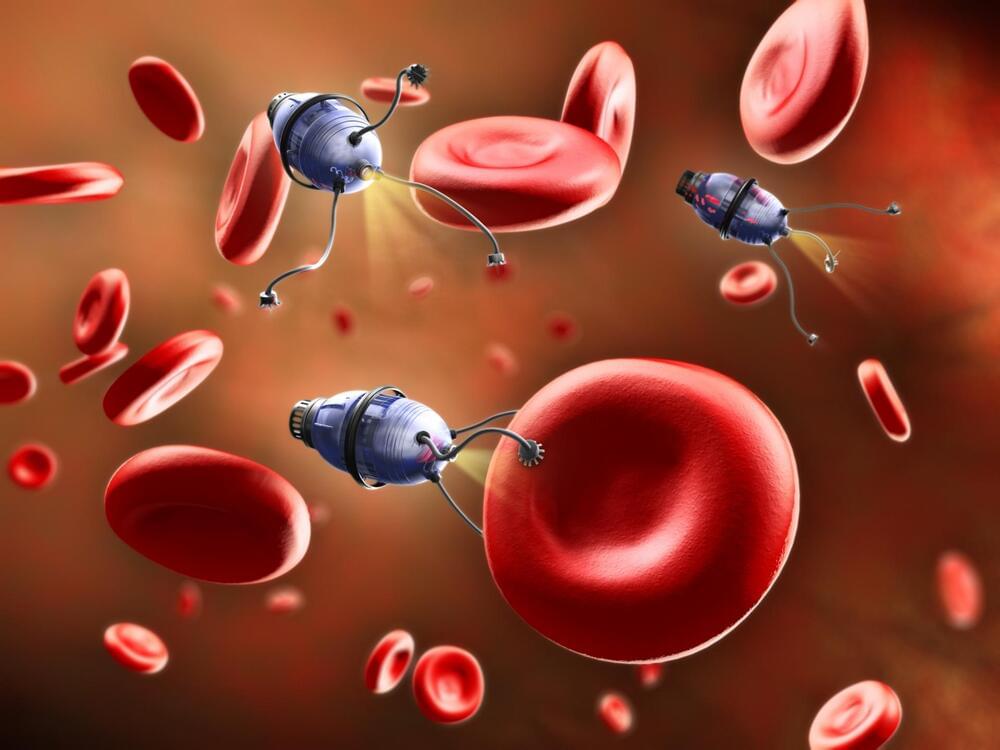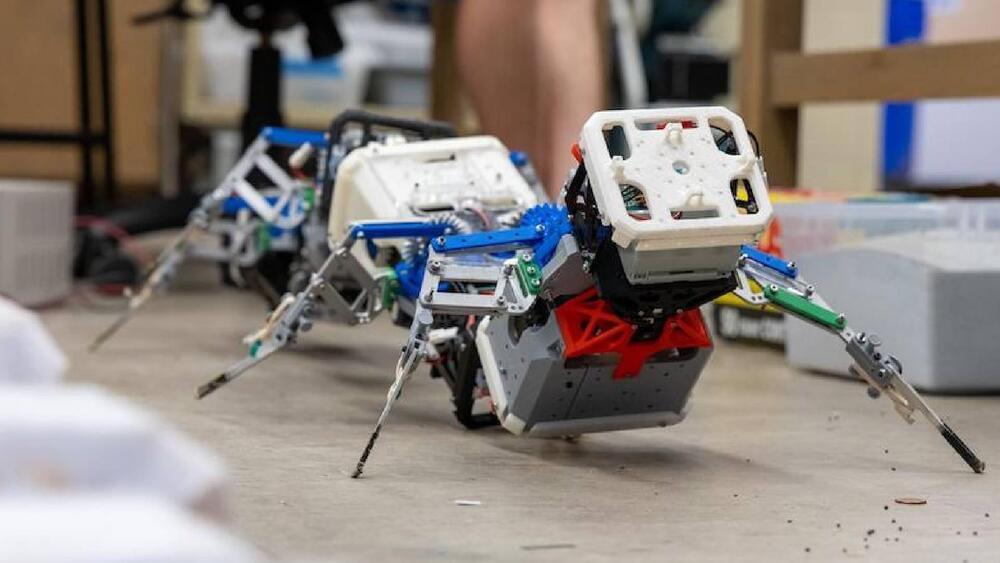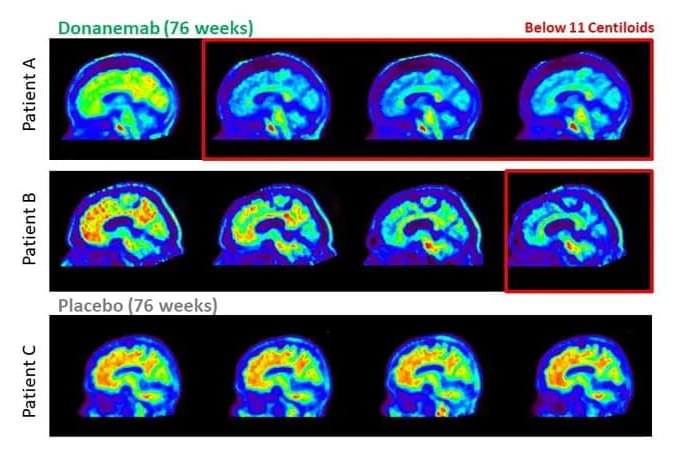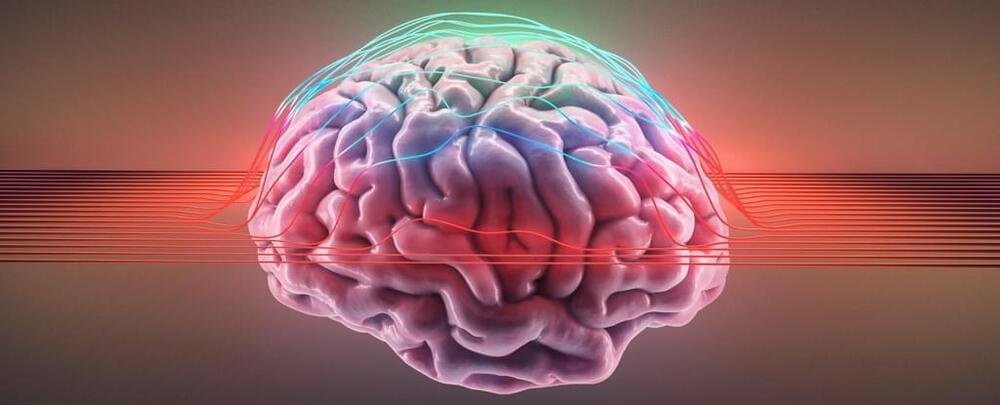The xenobot had been predicted to be a valuable tool in medicine and other fields. It is expected not only to help treat cancer but keep the aquatic bodies clean.
Ever imagined a world where we could utilize the power of a living cell to carry out certain functions? Just like we have robots that help in several aspects of our lives, some scientists in US universities have come up with a living robot known as the xenobot.
The xenobot had been predicted to be a valuable tool in medicine and other fields. In years to come, it wouldn’t only help treat cancer, but it would help keep the aquatic bodies clean.






